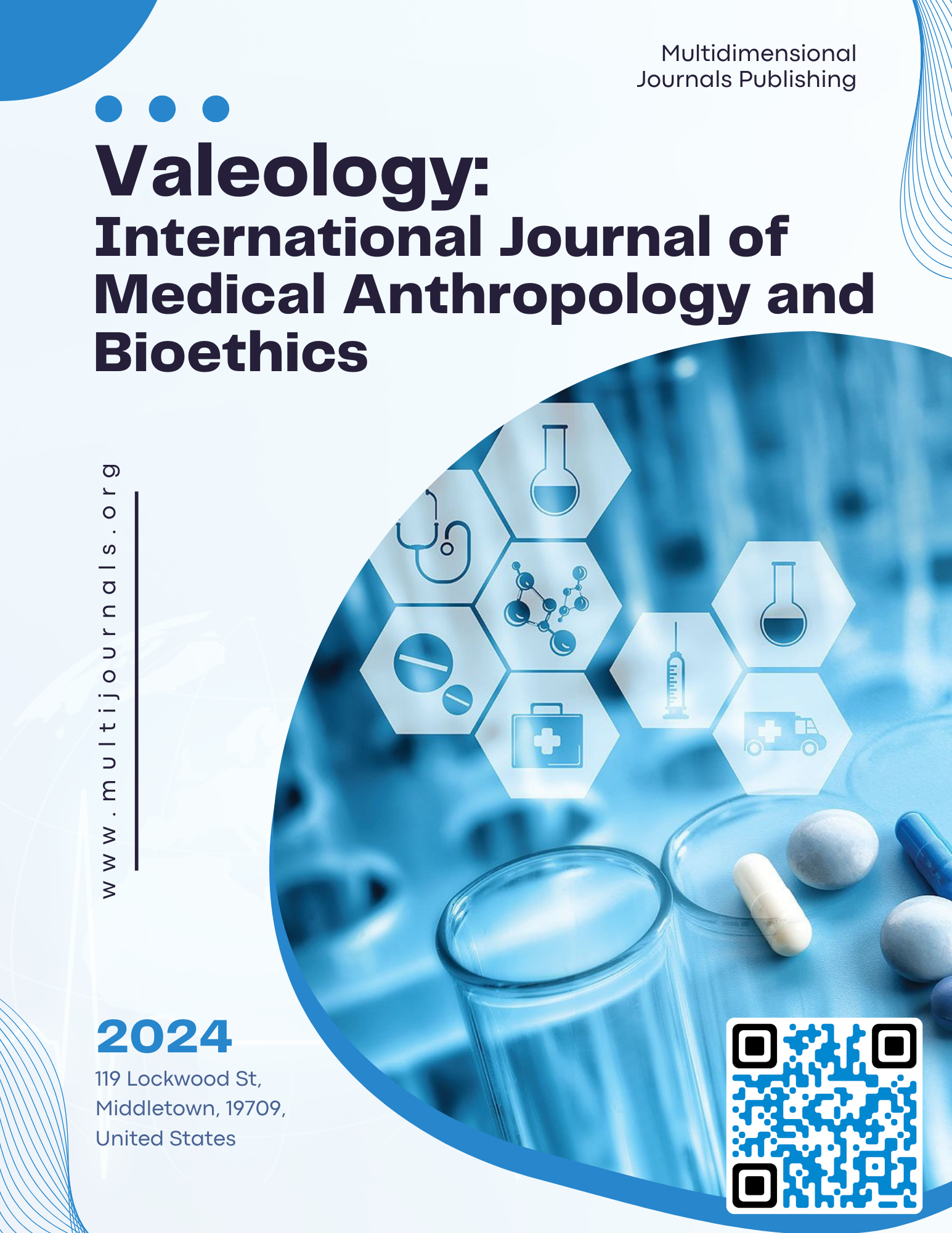Optimisation of Preoperative Preparation in with Hypertension During Anaesthesia
Keywords:
Hypertension, Preoperative preparation, Anesthesia, Hemodynamics, Cholecystectomy, Cardiovascular system, Elderly patients, Reflex tachycardia, α2-adrenomimetics, Anesthetic management, Postoperative recoveryAbstract
The optimization of preoperative preparation in hypertensive patients undergoing anesthesia is crucial for ensuring safe and effective perioperative management. This study investigates the hemodynamic responses during anesthesia in hypertensive patients undergoing cholecystectomy and evaluates the relationship between preoperative cardiovascular conditions and postoperative outcomes. The research was conducted on 58 patients aged 62 to 78 years, all with a history of arterial hypertension (AH), grouped based on the duration and severity of hypertension. Hemodynamic parameters, including heart rate, blood pressure, stroke index (SI), and oxygen saturation (SpO2), were monitored at different stages of anesthesia and surgery. The study found that the degree of hypertension and the preoperative cardiovascular state significantly influenced the intraoperative and postoperative hemodynamic stability. The use of central α2-adrenomimetics and combined anesthesia, particularly in patients with long-term hypertension, helped maintain stable hemodynamics during surgery. However, reflex tachycardia and variations in blood pressure were noted, emphasizing the need for individualized perioperative management. The findings highlight the importance of preoperative assessment to predict and optimize anesthesia outcomes in hypertensive patients.



